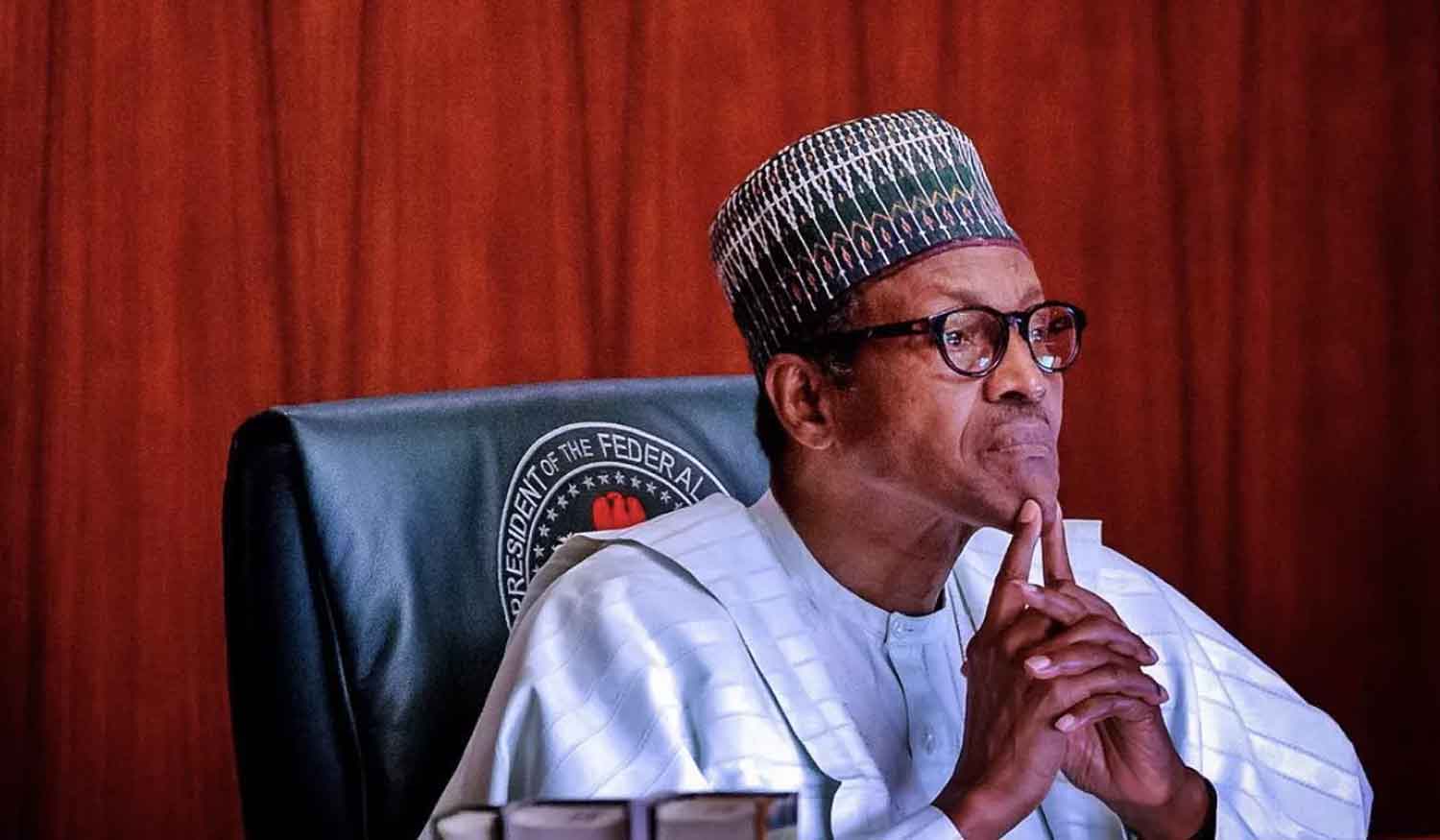Findings revealed that stock routes, popularly called grazing routes, are currently being retraced and recovered by the Federal Government for herders to graze their cattle.
The Federal Government said this was meant to address the clashes between herdsmen and farmers.
Although some of the routes are believed to have been encroached upon due to human activities, media found out that the government had embarked on a process of identifying monuments along the routes in order to get them back as locations for cattle grazing.
Contrary to the expectations of many Nigerians particularly in South that the grazing routes retracing and eventual recovery might not see the light of day, officials of the Federal Ministry of Agriculture and Rural Development told one of our correspondents on Friday that the routes’ recovery would go on.
They, however, said it would be done mainly in non-conflict zones.
They also stated that routes that had been encroached upon as a result of the development of public infrastructure might be left out of the recovery exercise.
The acting Director, Animal Husbandry Department, FMARD, Winnie Lai-Solarin, stated that while cattle ranching had been one of the major options canvassed for herders, not every pastoralist would be able to afford ranching at the moment.
She said, “There are some stock routes that we have across the country, and in the past, we had monuments along these stock routes, particularly the primary stock routes.
“And in the course of farming or other human activities along those stock routes, the monuments were altered, but we know where they are. So we are saying that some of them can be retraced.
“And this is particularly for areas that are not encroached upon as of now. The pastoralists know the routes, and on some of those routes, you will see the pieces of the monuments along them.”
Lai-Solarin added, “So for those that are not encroached upon and are not in conflict zones, we will go ahead to retrace and guide the pastoralists along them. We didn’t get to where we are today in one day and so we cannot expect that every pastoralist should suddenly start ranching now.
“Some would still have to move but let’s keep the movement as safe as possible and in areas that are not conflict zones. That is what I am saying. We are not going to retrace stock routes where there are infrastructures that are for the public good.”
Another official at the FMARD familiar with the development stated that the government was not happy with the killings associated with clashes between herdsmen and farmers.
The official, who requested not to be named for lack of authorisation, explained that the stock routes were in three classes.
The source said, “We need to create safe places that are easy for them (herders) to graze their cattle so that they won’t need to travel on the roads. We have primary and secondary stock routes and in some cases, we have tertiary stock routes.”
Providing further explanation on the three classes of routes, the official said, “The primary stock routes are the major routes that run in a North-to-South direction from the Sahel to the coastal market.
“And then, there are some major routes that run inter-state from the North, while others run intra-state.”
The Minister of Agriculture and Rural Development, Sabo Nanono, had announced on Thursday that the Federal Capital Territory and 22 states had registered for the National Livestock Transformation Plan as part of measures to establish grazing reserves in their domains.
He also announced that seven of these states had earmarked 400,000 hectares of land for the initiative, as the establishment of grazing reserves were currently ongoing in Nasarawa, Borno, Niger, Kaduna and some other states.
“Twenty-two states and the Federal Capital Territory have registered with the NLTP office, out of which 10 states have created their own teams which have been trained by the federal office,” Nanono stated.




























